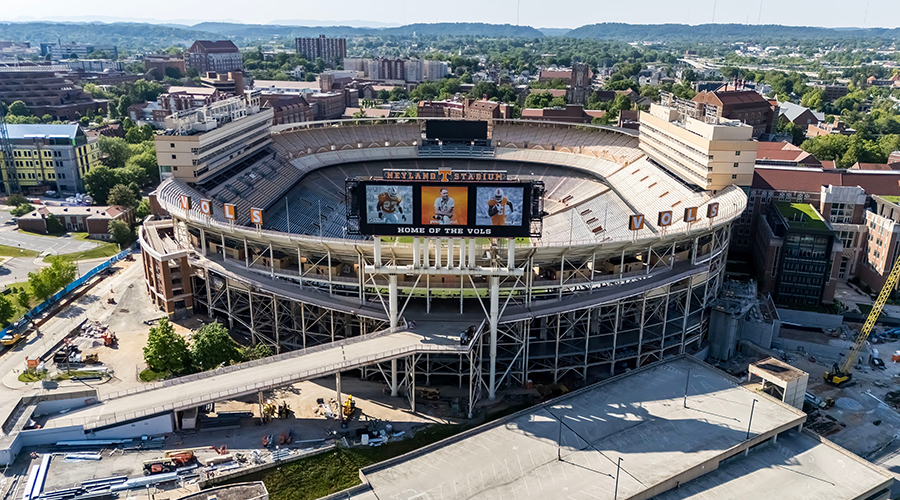Chiller Plant Upgrade Brings County More Than Comfort
March 5, 2015
The cooling situation at the Fairfax County (Va.) Government Center was reaching a critical point in late 2009. The center’s aging chillers were experiencing multiple failures and no longer could provide continuous and reliable cooling.
“The chillers were facing imminent failure, were at the end of their useful life, replacement parts were no longer available, and the refrigerant used was banned from production by the U.S. Environmental Protection Agency,” says Jose Comayagua, the county’s director of facilities management, referring to R-11 refrigerant. But the situation created an added level of urgency because the chiller plant is the backup cooling system for the county’s data center. If the center’s primary and backup cooling were to fail, the center would experience excessive temperatures within 15 minutes, most likely resulting in damaged equipment, compromised data and decreased productivity.
To address the problems with its central chiller plant quickly, the department in 2009 undertook a $2.2 million overhaul of the county’s chiller plant. The project earned the department a 2011 Facility Maintenance Decisions Achievement Award.
“This project replaced obsolete chillers that were oversized, inefficient and contained R-11 refrigerant, which was out of production and considered harmful to the environment,” Comayagua says. “One of the three new chillers has modular compressors to accommodate in between loading and allow for full loading of equipment to increase efficiency. In addition, the cooling towers were replaced with smaller units to match the size of the new chillers. The old chilled water temperatures operated with only a 9 degree Delta, which was below current standards for efficiency. The Delta was increased to 12 or 14 degrees to improve efficiency.”
The project’s scope of work included the following steps:
• Remove three existing 900-ton chillers installed in 1989.
• Install three new 600-ton centrifugal chillers rated at 0.58 kilowatts per ton (kw/ton).
• Remove three existing 900-ton cooling towers and install three new 600-ton cooling towers.
• Remove four condenser-water pumps and four chilled-water pumps and replace them with eight new pumps.
• Reconfigure chiller plant controls.
Read more
Next
Read next on FacilitiesNet







